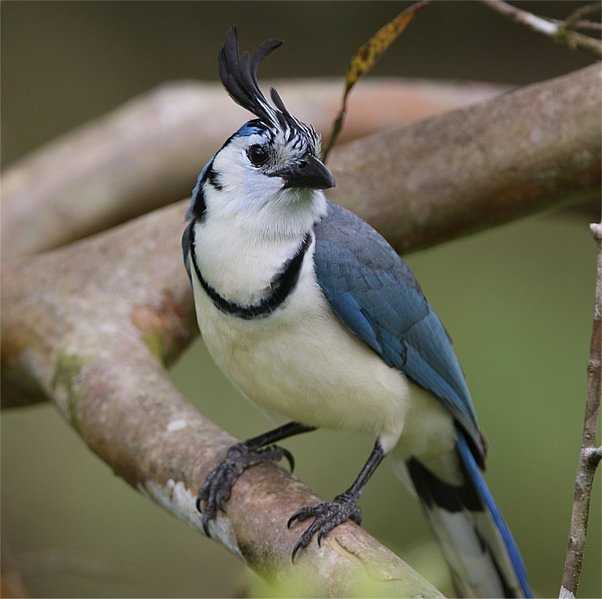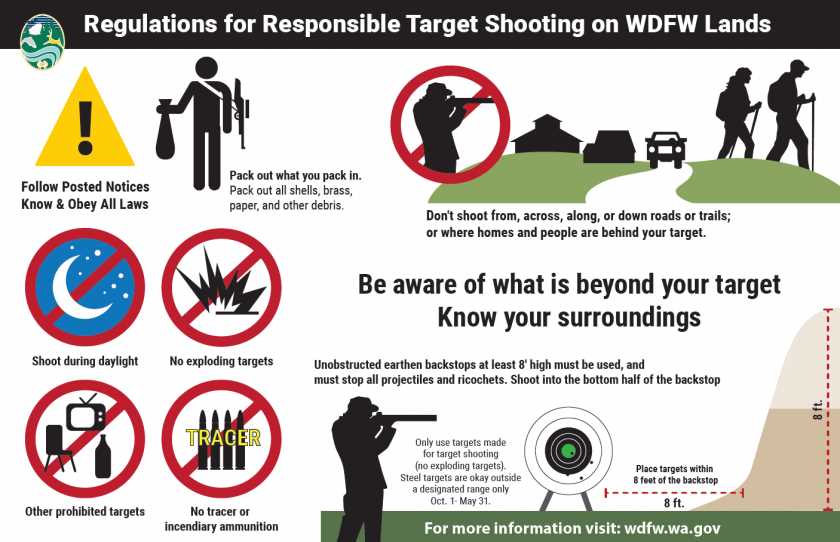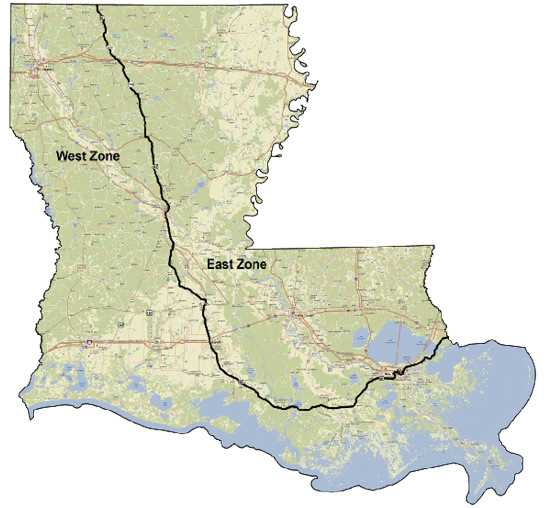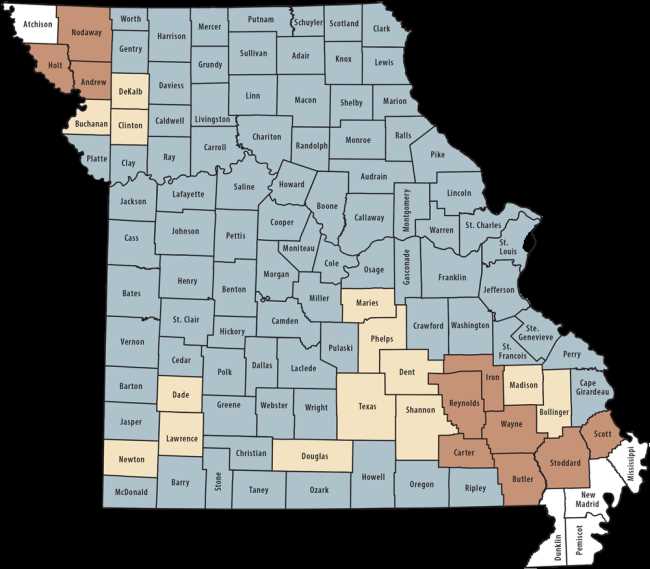Contents
Are there any legal restrictions on shooting blue jays? Explore the regulations and guidelines on hunting these birds.

If you encounter a blue jay in your backyard or local park, you may be wondering if it’s legal to shoot these vibrant and noisy birds. While it’s important to remember that laws can vary depending on your country or region, shooting blue jays is generally not advisable or legal.
Blue jays, with their striking blue plumage and vivacious personality, are protected by various laws and regulations in many jurisdictions. These laws aim to conserve and protect wildlife, including birds, and ensure their survival for future generations.
Therefore, if you come across a blue jay causing mischief in your garden or making a lot of noise, there are alternative and legal ways to handle the situation. Consider using scare tactics or bird repellents to deter them from your property. Remember, it’s always best to coexist with wildlife rather than harm them.
Is it legal to shoot blue jays?

No, it is not legal to shoot blue jays.
Blue jays are protected migratory birds under the Migratory Bird Treaty Act in the United States and the Canadian Wildlife Act in Canada. This means that it is against the law to kill, capture, or harm blue jays without a proper permit or specific circumstances.
The Migratory Bird Treaty Act of 1918 was put in place to conserve migratory birds and their habitats. Blue jays, like many other bird species, play a vital role in the ecosystem by dispersing seeds and controlling insect populations.
If you have concerns about blue jays causing damage to your property or being a nuisance, there are alternative methods to address the issue that are legal and more humane. You can try using deterrents, such as noise makers or visual scare devices, to discourage blue jays from nesting or feeding in unwanted areas.
Remember, it is important to respect and protect all wildlife, including blue jays. They are a beautiful part of our natural environment and contribute to the overall biodiversity of our ecosystems.
Please note: Laws and regulations may vary by location, so it is important to check with your local wildlife management authorities for specific guidelines and restrictions regarding blue jays and other protected bird species.
Regulations and restrictions

When it comes to shooting jays, specifically blue jays, it is important to understand the regulations and restrictions in place. In many jurisdictions, shooting blue jays is legal as long as it is done within the confines of hunting seasons and with the appropriate licenses and permits. However, it is crucial to familiarize yourself with the specific regulations of your area to ensure compliance with the law.
Some areas may have restrictions on shooting blue jays due to various reasons, such as population conservation efforts or protected status. It is essential to stay informed about any restrictions or special regulations that may apply to shooting blue jays in your region.
Additionally, it is important to note that shooting blue jays for purely recreational purposes or out of sport is generally discouraged and may be illegal in some areas. Many jurisdictions promote responsible hunting practices, which often include only targeting certain game species for specific reasons, such as population control or food acquisition.
Before engaging in any shooting activities involving blue jays, it is recommended to consult local hunting regulations, speak with wildlife authorities, or seek guidance from hunting organizations to ensure compliance with the law and promote ethical hunting practices.
Laws on shooting blue jays
If you are considering shooting blue jays, it is important to be aware of the laws and regulations surrounding this activity. In many regions, blue jays are protected by law, and shooting them is illegal.
The specific regulations regarding shooting blue jays may vary depending on your location. It is crucial to familiarize yourself with the local wildlife and hunting laws to ensure you are in compliance. In general, shooting blue jays for sport or personal enjoyment is not permitted.
Blue jays are known for their colorful feathers and distinct behavior, which is why many people enjoy observing and appreciating them in their natural habitats. These birds play an essential role in our ecosystems and are protected to maintain biodiversity.
If you encounter a blue jay that is causing damage to your property or posing a threat, it is recommended to contact relevant local authorities to handle the situation. They are equipped with the necessary knowledge and experience to address such issues without violating any regulations.
Engaging in responsible and ethical practices when it comes to wildlife is vital to preserve and protect these species for future generations. So remember, while blue jays may be a beautiful and fascinating bird to observe, shooting them is not permissible under most laws. Always prioritize conservation and respect for nature.
| Region | Blue Jay Shooting Regulations |
|---|---|
| United States | Shooting blue jays is illegal in all states. |
| Canada | Blue jays are protected under the Migratory Birds Convention Act, and shooting them is against the law. |
| United Kingdom | Blue jays are not native to the UK, and shooting any non-native bird is illegal. |
Always consult with local authorities or a wildlife specialist if you have any questions or concerns regarding specific local regulations.
Protected status of blue jays
Blue jays, known for their striking blue plumage and distinctive crest, are protected under various laws and regulations. It is important to understand the legal implications before considering shooting blue jays.
In the United States, blue jays are protected under the Migratory Bird Treaty Act (MBTA) of 1918. This act makes it illegal to kill, possess, or harm migratory birds, including blue jays, without the appropriate permits or exemptions. Therefore, shooting blue jays without the necessary authorization is a violation of federal law and can result in severe penalties.
The MBTA was established to protect migratory birds and their habitats, ensuring their conservation and sustainable management. Blue jays, being migratory birds, fall under the jurisdiction of this act due to their seasonal movements.
To further exemplify the protected status of blue jays, they are also listed in Appendix II of the Convention on International Trade in Endangered Species of Wild Fauna and Flora (CITES). This international treaty aims to regulate the trade of endangered species and mitigate the impacts of such trade on their populations. The inclusion of blue jays in CITES highlights the need for their conservation and protection worldwide.
It is essential to remember that conservation efforts rely on the collective actions of individuals. If you encounter any issues with blue jays or wish to take action, it is advisable to contact local wildlife authorities or conservation organizations. They can guide you on appropriate measures to address conflicts or concerns involving blue jays without violating any laws.
| Regulations and restrictions | Protected status |
|---|---|
| Shooting blue jays | Protected under the MBTA |
| Possessing blue jays | Illegal under federal law |
| Harming blue jays | Violation of conservation regulations |
| Conservation efforts | Collective responsibility |
Permits and licenses

When it comes to shooting blue jays, it’s important to understand the regulations and restrictions set forth by local authorities. In many regions, shooting jays is strictly prohibited without proper permits and licenses.
If you are considering shooting blue jays, it is crucial that you familiarize yourself with the laws in your specific area. Contact your local wildlife department or game commission to obtain information regarding the necessary permits and licenses. They will be able to provide you with accurate and up-to-date information on the legal requirements for shooting jays.
Permits and licenses are typically put in place to protect the local ecosystem and ensure the conservation of wildlife species. Blue jays, like any other bird species, play an important role in the ecosystem by dispersing seeds and controlling insect populations. Killing or harming them without proper authorization can disrupt the delicate balance of the environment.
Keep in mind that even if you have obtained the necessary permits and licenses, there may still be specific restrictions on when and where you are allowed to shoot blue jays. These restrictions are in place to prevent excessive hunting and protect the population of blue jays from declining.
It is your responsibility to adhere to the regulations and restrictions set forth by local authorities. Failure to do so may result in legal consequences, including fines and penalties.
Remember, it is always best to appreciate and admire blue jays in their natural habitat, rather than resorting to shooting them. If you have any concerns about the presence of blue jays in your area, contact your local wildlife department for guidance on how to address the situation without causing harm to these beautiful birds.

A skilled hunter, dedicated conservationist, and advocate for ethical practices. Respected in the hunting community, he balances human activity with environmental preservation.
